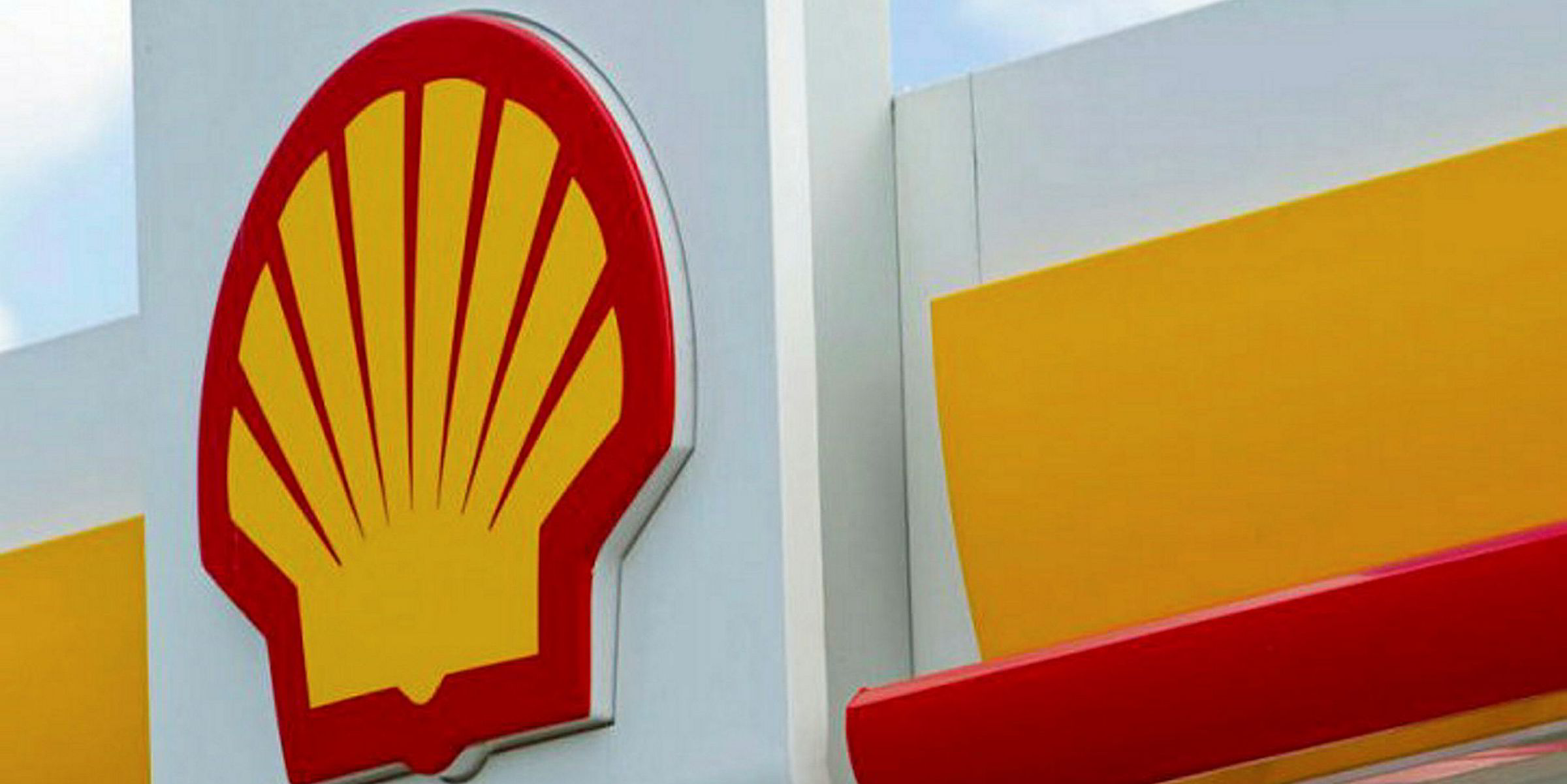Innovative start-ups are developing technology that will vastly improve maritime efficiency, streamline port orchestration and advance decarbonisation initiatives.
But stakeholders will have to break down traditional silos.
Shipping is a conservative and competitive industry, resistant to change, wary of collaboration and reluctant to adopt new technological solutions. Data sharing is a particular area of concern.
Many attempts have been made to break down traditional silos and facilitate the sharing of data. However, no workable solution has yet been embraced by stakeholders.
Although viable tech solutions do exist, and the International Maritime Organization has called for ports to institute a uniform standard for data exchange, ports and shipping companies remain stubbornly independent, resisting the adoption of data sharing and standardisation.
With 80% of the world’s trade carried by sea, inefficiencies in port orchestration have an enormous effect on the global economy and society at large. The Covid-19 crisis has highlighted the fault lines in the traditional model, leading to a drop of approximately 10% in port calls globally, affecting the resilience of operations, which goes hand-in-hand with environmental impact.
Our contemporaries at airfreight companies, airlines and airports have embraced technological advances and the greater efficiency, cooperation and coordination they bring. The remarkably complex air-traffic management delivered by the European Organisation for the Safety of Air Navigation, commonly known as Eurocontrol, provides one shining example.
Lessons in the air
Many of the solutions that have been adopted by airlines and airports could easily translate to shipping; we needn’t start from scratch. However, insofar as collaboration or new technology go, scepticism and hesitance remain the dominant mindset within our industry.
This approach adversely affects not only the shipping industry but also asset owners, the trade finance industry and land-based logistics operators, with which ships must effectively interface with when in port. Most land-based logistics organisations are moving with the times, insofar as tech goes, and would welcome more efficient interactions with their shipping partners.
Many attempts have been made to break down traditional silos and facilitate the sharing of data. However, no workable solution has yet been embraced by stakeholders.
Shipping accounts for roughly 2.5% of global greenhouse gas emissions, a figure that could be greatly decreased via the streamlining of port orchestration.
Inefficiencies in this area not only impact port operations, but have a trickle-down effect on the dependant ecosystems adjoining the maritime industry.
There are three key elements that must be better coordinated to increase the efficiency of port operations: in-ship, pre-arrival and in-port.
Greater shared visibility of information such as vessels’ scheduled arrival, berth availability at terminals, cargo operations and terminal productivity, and synchronisation with ports’ marine and ancillary services would be of enormous benefit to the industry as a whole.
Given the myriad parties involved in the successful execution of port operations, it is vital that information be effectively distributed to all stakeholders. Data standardisation and sharing is critical for improved efficiencies in maritime, leading to common standards of data, common definitions and also enable sharing of data.
Reduced opaqueness and greater data sharing in airlines and trucking have boosted competitiveness and customer satisfaction. The shipping industry can achieve similar results.
Improving profits is always a strong motivator to change, however, the industry is also coming to acknowledge the importance of reducing carbon emissions. Stakeholders, including shipping lines and terminal operators, recognise tech’s potential to assist in that respect, insofar as data sharing goes.
Vessel dwell time
Cutting vessel dwell time and better coordinating scheduling will have a number of direct and indirect benefits — not least, in terms of minimising carbon emissions.
Reducing the number of ships waiting at berth and cutting congestion at ports can have a significant decarbonisation impact, with fewer trucks waiting and slow-steaming ships that are arriving early.
The Covid-19 crisis has brought the need for wide-reaching solutions into sharp focus, highlighting the impact to overall supply chains if just one element in the fragmented ecosystem fails. Coupling these concerns with pressure from lawmakers, shareholders and customers to increase sustainability, change is now being forced.
Consequently, despite the maritime sector’s long-standing conservative outlook, mindsets are indeed shifting. Within the next five years, many observers predict large-scale adoption of technology and data sharing within the industry.
At Rainmaking, we believe there is enormous potential for artificial intelligence-enabled or tech-enabled solutions to help break down silos and create a smarter, safer and greener industry. It’s a goal worth working toward — together.
Tarun Mehrotra is director of trade and transport at Rainmaking,
a corporate innovation and venture development firm.
Do you have an opinion to share? Email: news@tradewindsnews.com






